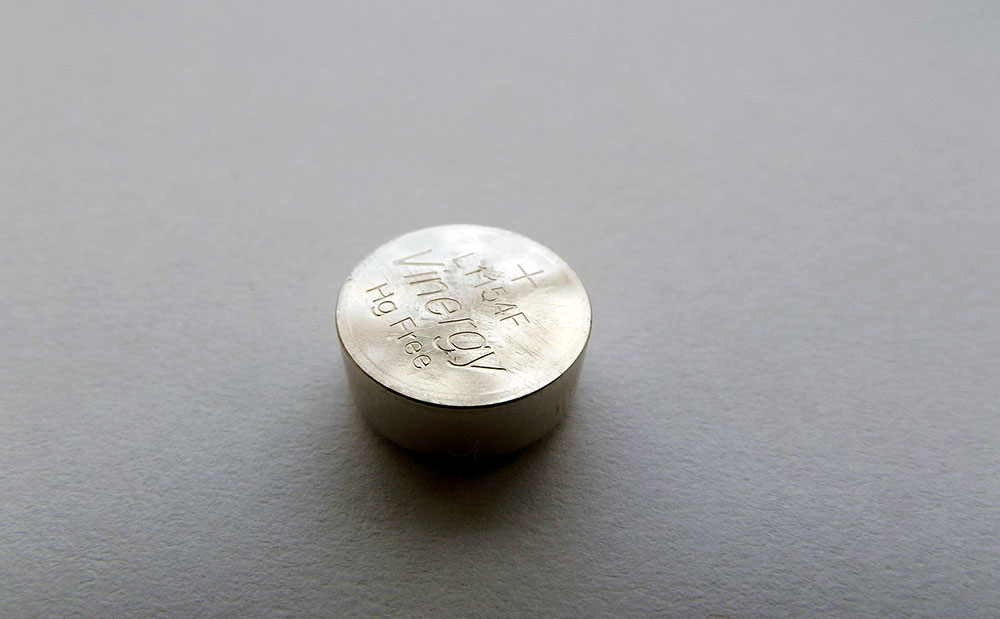
There is a lot to know about hearing aids, and if you want to have the best user experience possible, you must learn as much as you can about your device. If you already wear hearing aids or plan on getting a pair soon, knowing the facts behind this delicate piece of technology can help you get the most out of your hearing aids. While the specifics of each hearing aid will vary depending on the type of hearing aid, the batteries that power these devices are a bit more universal. Batteries for hearing aids do come in different sizes, but knowing some helpful hearing aid battery tips can help increase your overall performance.
Knowing how to get the most out of your hearing aid batteries can help increase the performance of your device and improve your user experience. It doesn’t matter if you already own a pair, or plan on purchasing your first hearing aid soon, knowing these useful hearing aid battery tips can help keep your device in tip-top shape.